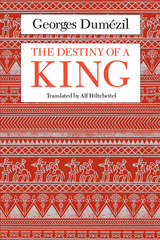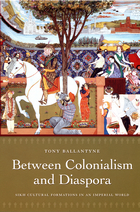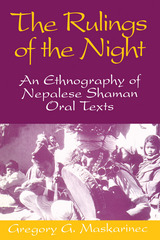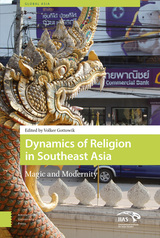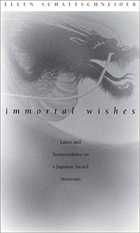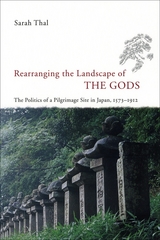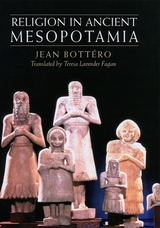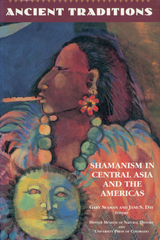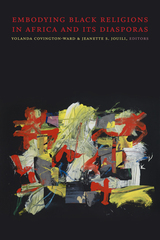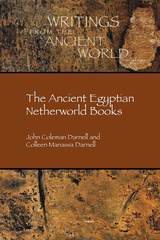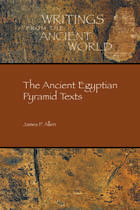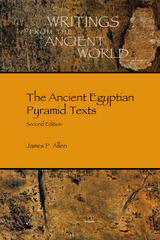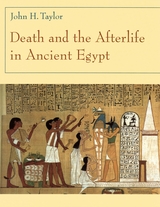Cloth: 978-0-674-29378-6
Library of Congress Classification BL2217.2.F45 2023
Dewey Decimal Classification 299.56113
Meanings of Antiquity is the first dedicated study of how the oldest Japanese myths, recorded in the eighth-century texts Kojiki and Nihon shoki, changed in meaning and significance between 800 and 1800 CE. Generations of Japanese scholars and students have turned to these two texts and their creation myths to understand what it means to be Japanese and where Japan fits into the world order.
As the shape and scale of the world explained by these myths changed, these myths evolved in turn. Over the course of the millennium covered in this study, Japan transforms from the center of a proud empire to a millet seed at the edge of the Buddhist world, from the last vestige of China’s glorious Zhou Dynasty to an archipelago on a spherical globe. Analyzing historical records, poetry, fiction, religious writings, military epics, political treatises, and textual commentary, Matthieu Felt identifies the geographical, cosmological, epistemological, and semiotic changes that led to new adaptations of Japanese myths. Felt demonstrates that the meanings of Japanese antiquity and of Japan’s most ancient texts were—and are—a work in progress, a collective effort of writers and thinkers over the past 1,300 years.
See other books on: Antiquity | Japanese | Kings and rulers | Meanings | Mythology
See other titles from Harvard University Press

